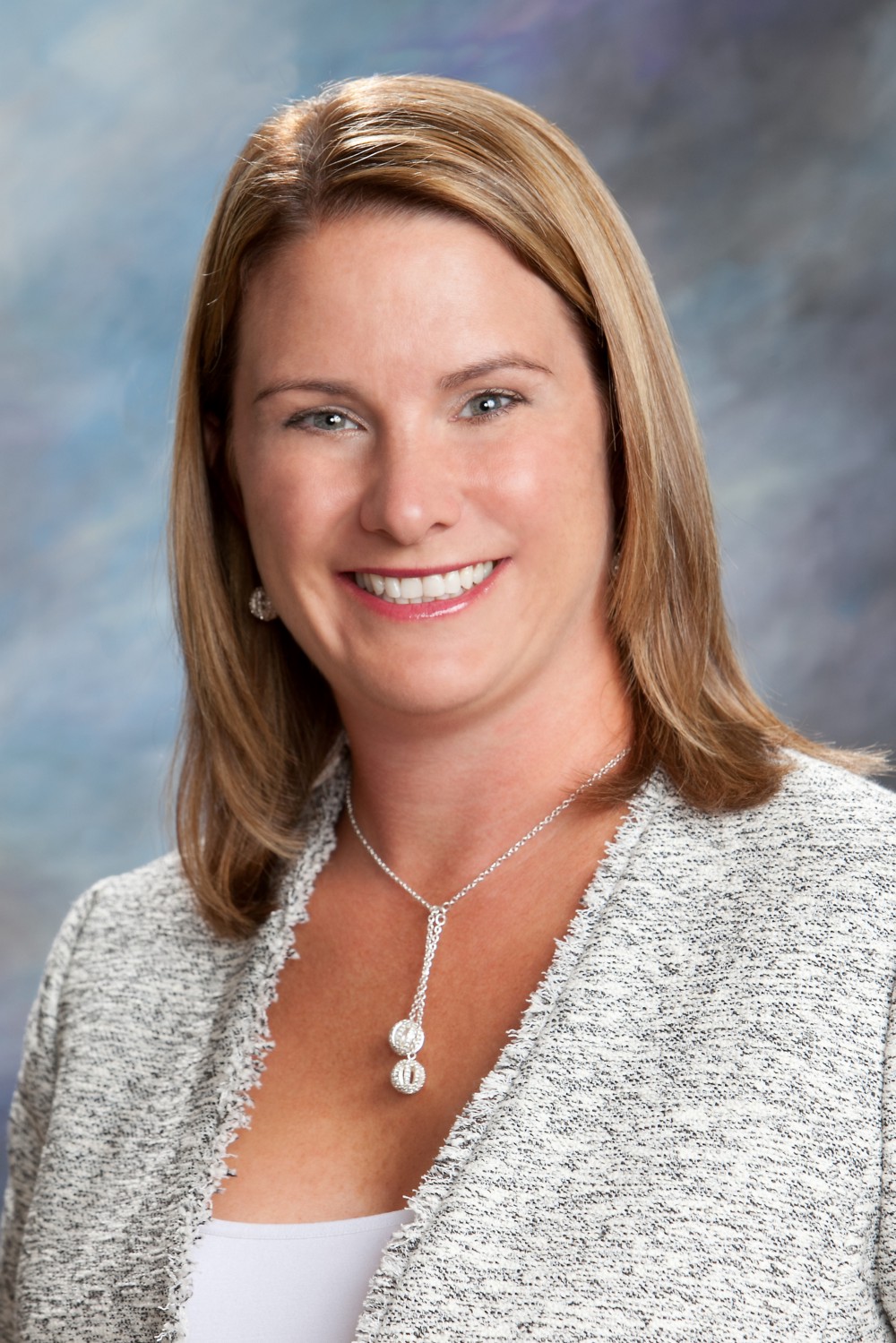As part of my series “closing the VC gender gap”, I had the pleasure of interviewing Tracy Warren, co-founder and General Partner of Astarte Ventures, the first fund focused on women’s and children’s health and wellbeing. Tracy has been an early stage venture and angel investor for the past 18 years. Most recently, she announced the Series A closing for Astarte Medical, her third start-up.
Thank you so much for joining us, let’s jump right in. According to this article in Fortune, only 2.2% of VC dollars went to women in 2018. Can you share with our readers what you or your firm is doing to help close the VC gender gap?
To close the gender gap investors have to be purposeful in their intention and set specific personal and fund goals for sourcing and evaluating quality deal flow from a diverse network. For Astarte Ventures, we are actively engaged with groups that coach women entrepreneurs, such as Springboard Enterprises, as well and network with angel groups that focus on investing in women, such as Astia. By diversifying our pipeline, we see more diversity in our CEOs and investment opportunities.
Can you recommend 5 things that need to be done on a broader societal level to close the VC gender gap, and explain?
There needs to be “layered accountability” for closing the gender gap. Studies have shown that people perform according to metrics and goals set for them.
In this case, limited partners, who deploy capital into venture firms need to set standards for diversity and inclusion with specific ratios and allocations accordingly.
At the venture fund level, the partnership should have proactive outreach to bring in female founded and led companies and afford training where necessary to address inherent biases. A fund and its partners have to drive increased risk tolerance — because there is so little funding that has historically gone to women founders and executives, many outstanding female executives remain “unproven”, which exacerbates the problem as VCs tend to back serial entrepreneurs whom they know. Being deliberate about new CEOs and female and minority candidates can help break the chain.
I believe entrepreneurs own a piece of this accountability as well. No CEO or founder should have to lead with “I’m female” — focus on the business, the opportunity and commit to maintaining the same expectation of return that other (male-led) ventures aspire to. Investors want to make money; tell the story and they’ll follow your dream.
You are a person of great influence. If you could inspire a movement that would bring the most amount of good to the most amount of people, what would that be? You never know what your idea can trigger. 🙂
I don’t know about “great influence” but my career has afforded me opportunities to speak publicly on the topic of investing, which in my mind creates responsibility to do it well. For me that’s not simply highlighting the deficiencies in the system (here gender gap) but to propose specific solutions and to attempt to assemble all stakeholders to engage, not just women.
At Astarte Ventures we have inspired a movement, we invested actively and repeatedly in FemTech before the term was coined. We see tremendous power in the confluence of women as health decision makers and as economic forces in the world. This has driven great innovation for women’s and children’s health, led by companies with both male and female founders and executive teams.
Who’s a female entrepreneur/ VC you respect and why?
There are many, and I feel fortunate to have a large network of women I respect and admire. The short list includes Trish Costello of Portfolia who is revolutionizing new investment models and unlocking the potential of women as educated, empowered investors; Darshana Zaveri, of Catalyst Health, who has been steadfast in her commitment to health care investing and demonstrated exceptional results, and Jeanne Cunicelli, of UPMC Enterprise, who has been a sounding board and inspiration to me throughout my career given her confidence and sense of self in the Board room, in the deal room and beyond.
What do you think is the purpose and real impact of VC funds who focalize their work in women and minorities?
I think such groups meet a real need in the marketplace for sourcing quality deal flow through a dedicated effort. That having been said, most start-ups will need funding beyond such groups and ultimately must stand on their merit. Groups who can focus on women and minorities and bring well-curated, quality deal flow to the broader market are very valuable in closing this gap.
Can you share with us an anecdote about the real impact you’ve had in this field?
If by “this field” you mean gender lens investing, I think my ultimate impact is yet to be measured. My Astarte co-founder, Tammi Jantzen, and I plan to demonstrate that our investment strategy provides outsized returns and create a new category for investment. Our portfolio is disproportionately women-led and such success stories will unlock capital and potential for generations of entrepreneurs to come.
Some of the biggest names in Business, VC funding, Sports, and Entertainment read this column. Is there a person in the world, or in the US whom you would love to have a private breakfast or lunch with, and why? He or she might see this, especially if we tag them. 🙂
Marc Benioff, not only for his pioneering work in addressing pay inequity within Salesforce, but also for his support of children’s health, something about which I am extremely passionate.


